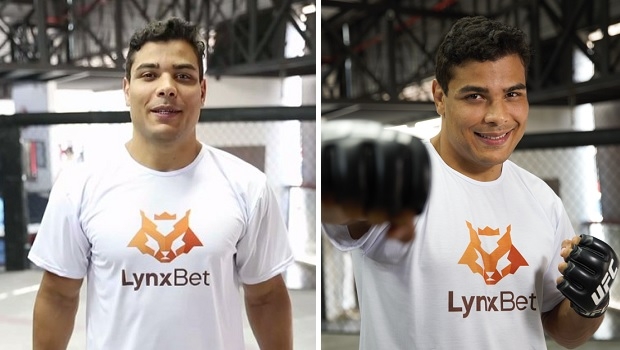COVID-19 has affected many different aspects of our daily lives and has also impacted businesses over time. This article will look at the online gambling market to see how it handled the tough times and compare it to other industries after lockdowns and regulations were eased.
Close physical positions
It would be an understatement to say that the pandemic has spread throughout the world in many sectors and lives. Many countries have imposed physical lockdowns and various places have closed their doors for extended periods. Bars, bingo halls, and bookmakers were no exception to the rule and customers had to find another way to spend their free time.
Changing habits have led to an increase in visitors to regulated online gaming sites and Non-GameStop casinos. This was largely due to the fact that people at home had more free time looking for something fun to do. Online casinos have started adding new features, regular updates, and new promotions to attract potential users to their sites.
A Synergy Blue report shows that around 64% of gamers during the pandemic engaged in online or mobile gaming. Of those who did, 93% would have continued to use these services after the COVID lockdown.
Sports books online
Around the world, major sports leagues have also been affected or canceled due to the pandemic. This has led to a decline in online gambling activities across the market. However, there has been an increase in bets placed on horse racing as it remains one of the few sports not affected by the lockdowns and restrictions. According to data released by LynxBet, the US horse racing market alone has seen the most significant increase in betting since 2009. With the total surpassing $12 billion in 2021, a significant change during the pandemic you may have found a lot more eyes in one of the few remaining events to bet on.
As a side note to mention, at least in the US market, when the Supreme Court changed its stance on sports betting in 2018, sports leagues began making ancillary profits by selling official team and league data to the betting companies. An example of this is that the NBA (National Basketball Association) has a six-year deal with Sport radar that is said to be worth over $250 million. These types of deals may also have affected reported earnings figures during the pandemic and could make it difficult to detect real growth in betting during the period.
Skills and games of chance
One would think that the decrease in sports betting would manifest itself within the data reported by the operators with a reduction in global bets. However, despite the lockdowns, revenue from commercial gambling operators remained stable after an initial decline during the pandemic.
These trends indicate that chance-based games have remained very strong and have seen an increase in usage as players are unable to bet on sports. This soon brought stability and profits for operators, creating exciting trends as the number of players using slots increased.
Additionally, traders saw a decrease in rounds per session and generally fewer gaming sessions lasting less than an hour, which could be related to new regulations that the UKGC and SGA have implemented in their markets. It is unclear whether non-GameStop-casinos.com or other unregulated markets have seen a similar increase, as it is more difficult to acquire reports from these regions as a whole.
Clients looking for your diamonds in the rough
An unexpected trend that emerged during the lockdown was players looking for casinos outside the jurisdiction of their home countries. The main cause was players looking for sports betting markets that were not in the middle of a lockdown. Other players were trying to find online casinos with fewer gambling restrictions and features like auto spins with no timer. An immeasurable category might be customers looking for a new sense of excitement by trying out casinos located outside of their own countries, such as someone from the UK trying out a non-GameStop casino.
Customer motivations and desires are always difficult to quantify. They are based solely on self-admission and player surveys. In general, most gambling consumers are not always willing to volunteer information about their games.

